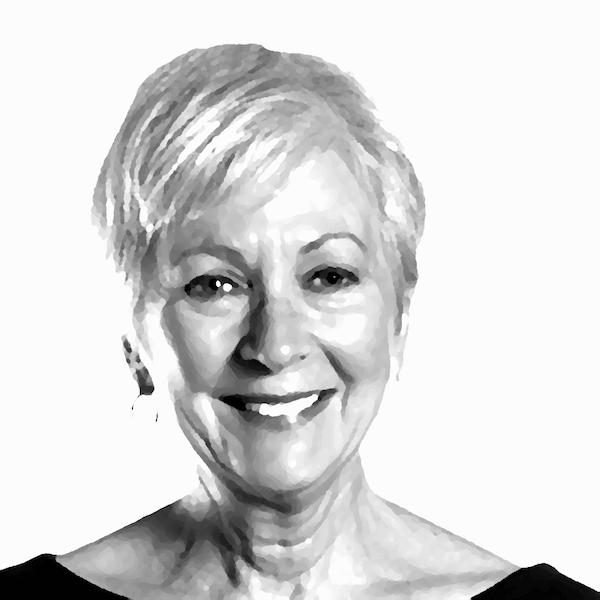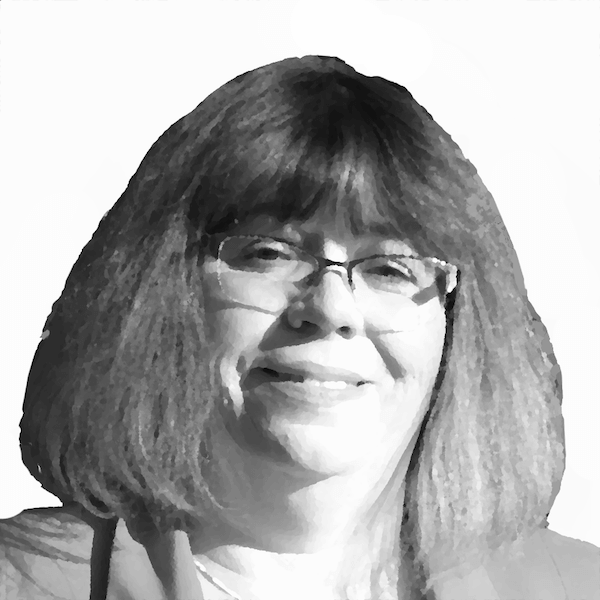Delivering QBRs — A CSM Basic Skill
 Many thanks to Aida Gomez for suggesting this topic.
Many thanks to Aida Gomez for suggesting this topic.
Quarterly Business Reviews (QBRs) are a staple of customer success, and for good reason: they are a great way to highlight successes, stay abreast of changes and decisions at the customer site, and nurture a collaborative relationship that leads to renewals and expansion. Here are 8 ideas to lead a successful QBR.
Idea #1: get the right people to attend
You want decision makers in the room. If that’s not happening, either:
- You do not have a relationship with them. The CSMs may not be comfortable holding conversations with executives. Get them trained so they can. Or, your contacts are shy, or worried about getting the bosses into the game. See idea #4.
- They don’t have time. Executives are very busy, but they will make time for items that are on their priority list, if they find the meetings valuable.
Is your solution not a priority item for them? Then you are targeting the wrong people—maybe you are targeting too high up in the hierarchy? It’s rare, but possible. Identify the individuals who do care.
Is the meeting seen as not valuable? It could be a content issue (see idea #3) or a length issue (see idea #2).
Idea #2: get to the point
Executives are busy (repeat) and prefer a short, to-the-point meeting over a drawn-out affair. Do not see length as a proof that your meetings are important or successful. Actually, a long meeting may be a sign that things are not going well and the executives need time to rake you over the coals!
Meetings are for discussions and interactions. You can deliver the report part of the meeting ahead of time, and focus on Q&A. You can conduct a fruitful QBR in an hour, even 30 minutes if you can get the participants to do their homework.
Idea #3: create a template
Of course, you want to adapt the presentation to each session, but using a standard template will save everyone time and reassure the customer that they are in good hands. Include the following:
- A summary of this quarter’s performance
- A glimpse at the future
- A Q&A session
That’s it! Again, QBRs can be short.
For the past performance, include:
- A summary of product usage. It’s pretty easy to do for SaaS products, but if your product is installed on-premise, try to provide some indication of usage. Do you have phone-home data? Or work with your contacts to show details on users, logins, transactions.
- A high-level description of ongoing implementations.
- Support experience, at a high level, showing volumes, SLAs, and notable issues resolved or outstanding.
- Training and certification data.
For future plans, include
- New implementations.
- Upcoming product improvements, perhaps including a roadmap update (see idea #5).
Idea #4: celebrate the customer’s team
You are talking to executives so it’s a great time to thank Abhi in IT who helped solve the networking issues and Stephanie the superuser who got everyone trained promptly on the latest release.
Idea #5: invite interesting guests
You, the CSM, are not the star of the show (sorry!) Invite a product manager to talk about the product roadmap, the head of support to talk about the new support portal, a consultant to talk about best practices. One guest is enough, and must match the customer’s interests. You can even bring another customer or an industry consultant to provide thought leadership.
Idea #6: be blunt with issues on their side
It’s not all unicorns and rainbows. Just like you want to be transparent about issues on your end, identify issues that need addressing on the customer’s side, whether it’s not enough training, a subpar customization effort, or missed meetings. The executive may not be aware of the problems, and you don’t want them assuming that it’s all your fault.
Idea #7: get the customer to talk
The point of QBRs is to strengthen collaboration. It won’t happen if you talk the whole time. Identify and rehearse good topics with your internal allies ahead of time, and be prepared for surprises, too!
Idea #8: skip it (really!)
QBRs are great but if the customer really, truly doesn’t want it and you’ve checked all the ideas above, the best strategy may be to just skip it. Perhaps a biannual or annual check is the right cadence? Ask your internal allies to guide you.
How do you handle QBRs? Tell us in the comments.
[And if you’d like more CSM basic skills posts, you can find them here, here, and here]









